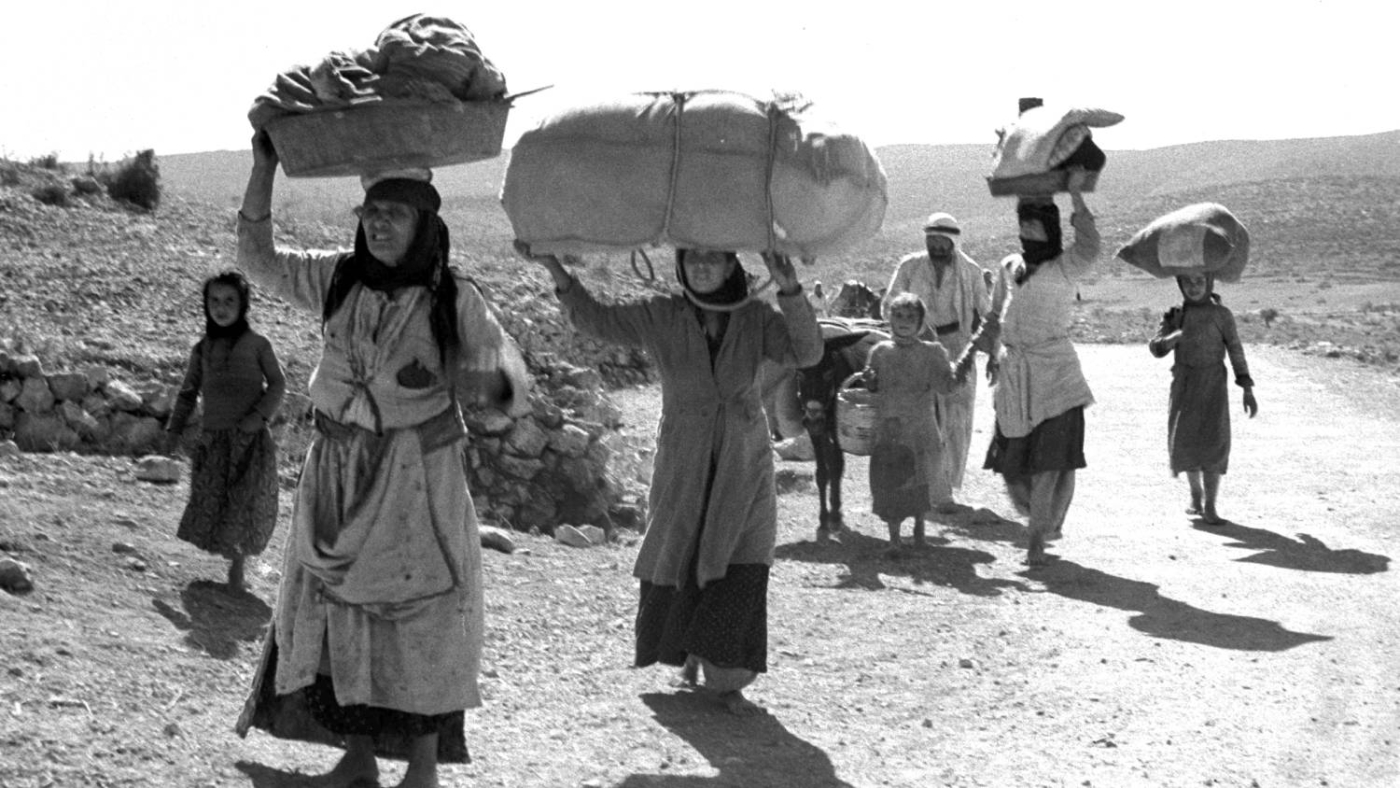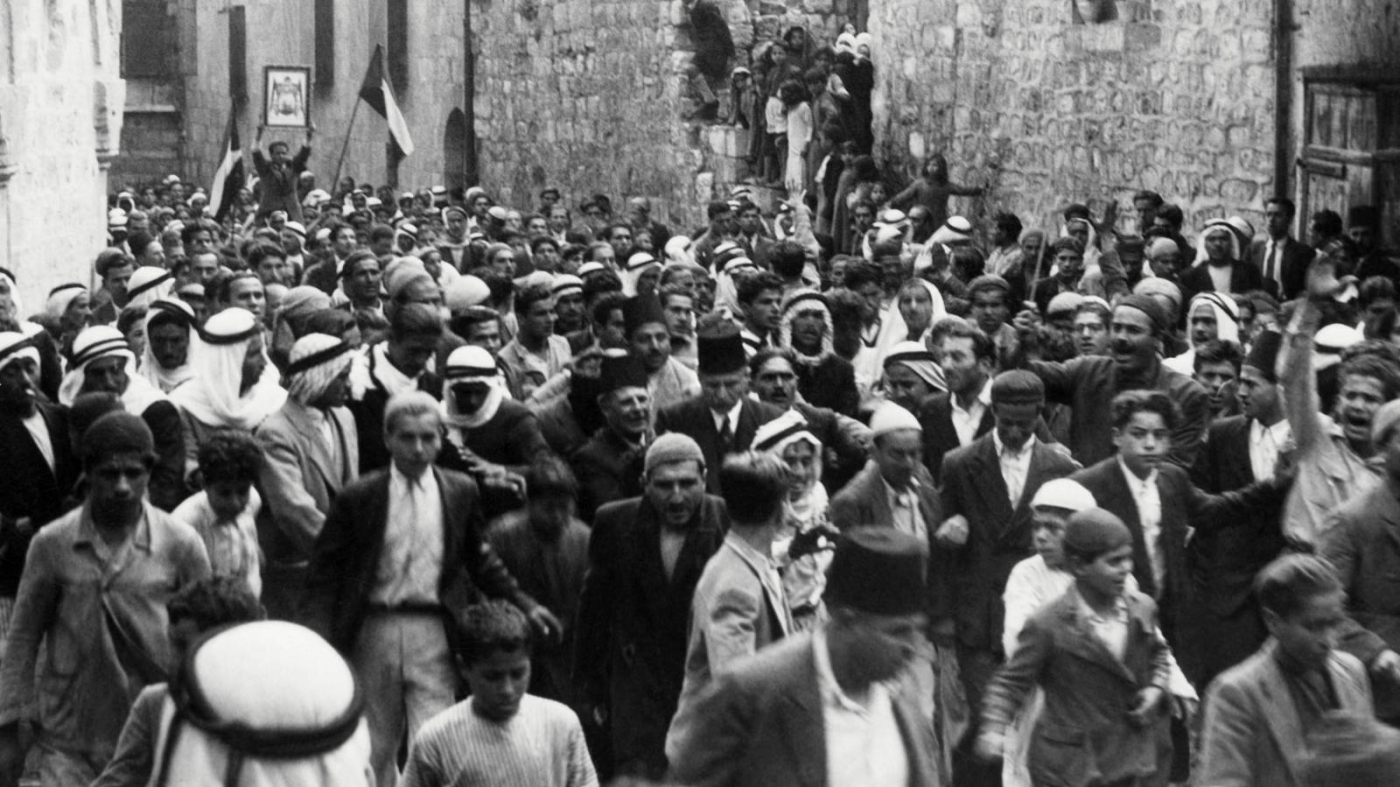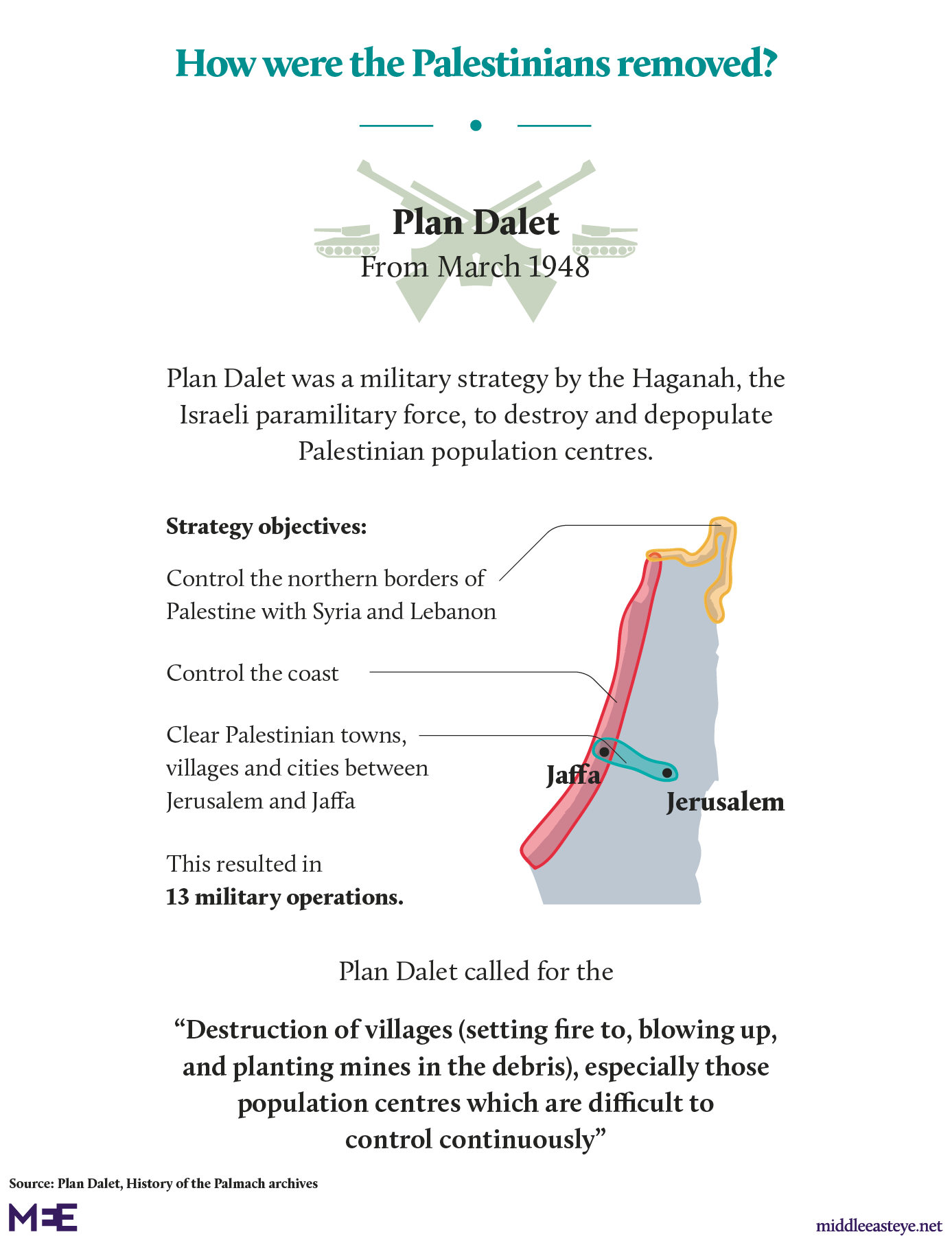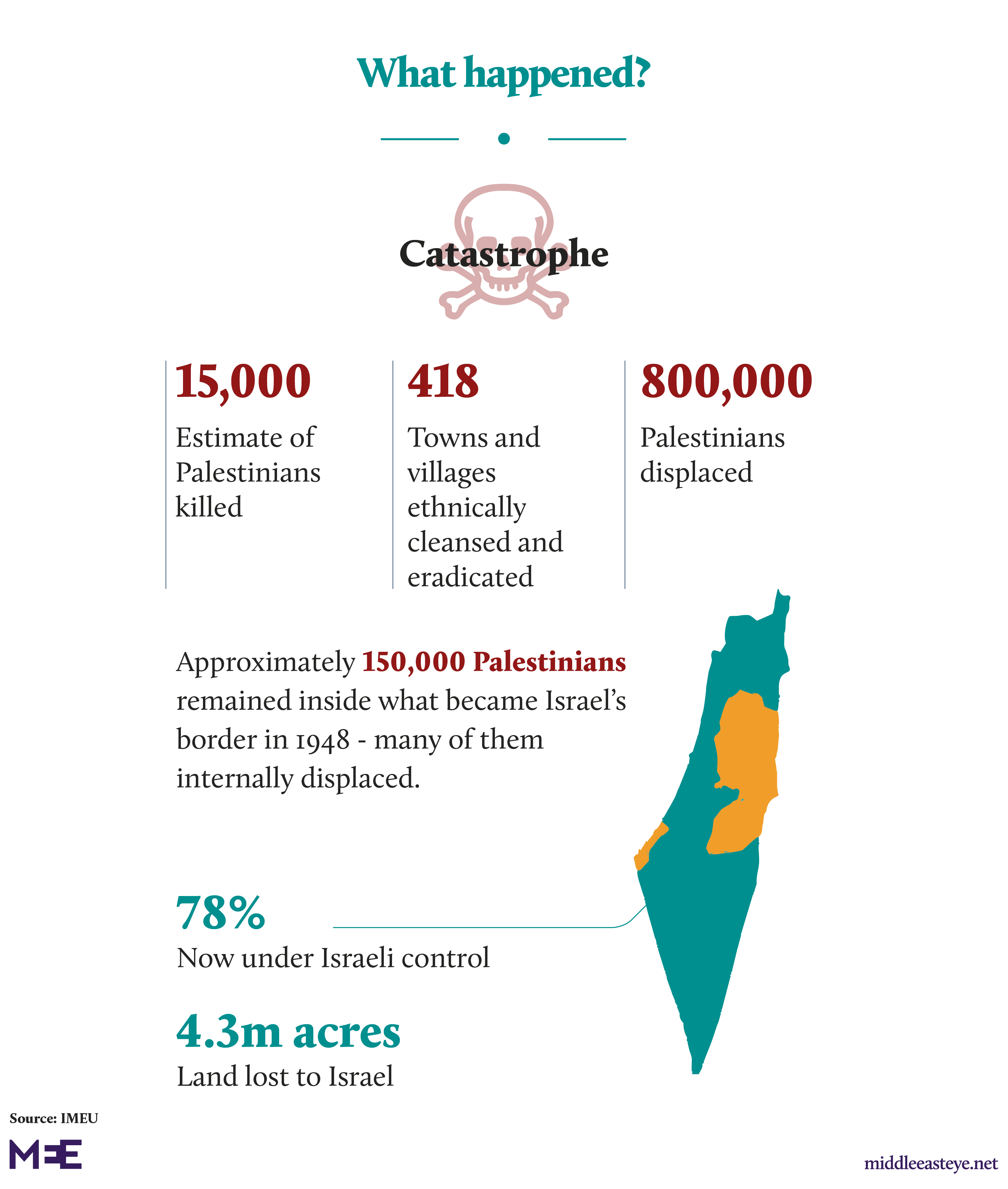Gideon Levy
14 October 2023
Two million helpless people in Gaza have nowhere to run, nowhere to hide and no way to save their children

A Palestinian child receives medical care after being hit by an Israeli air strike in Deir Al Balah, Gaza, on 14 October 2023 (Reuters)
As these lines are being written, Israel has informed the UN that more than one million people in the northern Gaza Strip, including residents of Gaza City, must evacuate their homes. There is nowhere to go in Gaza - not for 10,000 people, not for 100,000 and certainly not for a million.
To evacuate one million human beings within 24 hours is impossible, illegal, inhuman and impractical.
In other words, Israel is threatening to commit a war crime the likes of which we have not seen since the Nakba of 1948.
Very possibly, this is all talk and threats; Israel may not ultimately invade Gaza, and a million people may not be evicted. In any case, nearly half-a-million are newly homeless following unprecedented bombings of Gaza neighbourhoods by the Israeli Air Force.
These are dark days. Dark days for Israelis, who woke up last Saturday to a reality that turned upside-down their conception of their world that they had embraced for years.
Stay informed with MEE's newsletters
Sign up to get the latest alerts, insights and analysis, starting with Turkey Unpacked
Israelis believed that their army was omnipotent, the strongest in the world; that sinking 3.5 billion shekels ($1bn) into the barrier around Gaza would be sufficient to ensure the security of the residents of southern Israel.
They believed that they had the most sophisticated intelligence system in the world - one that knows, hears and sees everything. Israel is equipped with miraculous technology that it sells to half the world, and boasts elite human resources, such as the army's celebrated Unit 8200, born geniuses who clearly could not be surprised by anyone.
Different reality
Then, the fence around Gaza was breached by an obsolete tractor, and the entire concept collapsed. It turns out, Israeli intelligence knew nothing about a huge operation that had been planned for more than a year; the army showed up very late to the sites of the Hamas incursions.
Israel is not so powerful or omnipotent after all. Its military strength is not enough to guarantee the security of its residents. What remains highly doubtful is whether Israel will learn the most essential lesson from this: that the country cannot continue forever to live only by the sword, relying solely on its military power.
Follow Middle East Eye's live coverage for the latest on the Israel-Palestine war
Half of the Israeli army is currently guarding settlers in the occupied West Bank and all their capricious carryings-on. For the Sukkot holiday, several battalions were moved from the Gaza border to Huwwara, near Nablus, to protect a festival of revenge initiated by an extremist member of Israel's parliament.
All residents of Gaza have become potential victims of a violence that even they, however much they already know of horror and suffering, have not previously known
Media images of Jewish worshippers sitting on a road in the middle of a Palestinian town, swaying from side to side like so many ritual palm fronds, were among the most grotesque of recent times. The grotesquery soon made way for catastrophe: because of this defiantly criminal provocation by the settlers, the residents of southern Israel had no one to protect them when Hamas forces invaded.
Last Saturday, Israel woke up to a different reality - one that should finally extinguish the country's arrogance and complacency. This ought to demonstrate, once and for all, the impossibility of evading any consequences for continuing to indefinitely imprison more than two million people in a giant cage, with another three million people living indefinitely under military tyranny.
There was a price to be paid, after all. Last Saturday, Israel woke up to horror upon horror.
Israel was shocked and sought revenge. That wish is now fulfilled. As I write this, all residents of Gaza have become potential victims of a violence that even they, however much they already know of horror and suffering, have not previously known.
Trauma of the Nakba
Thousands and perhaps tens of thousands of Palestinians in Gaza will not live for many more days. Their homes, their lives and their world will be completely destroyed.
Those who are forced to evacuate will certainly remember how their parents and grandparents were forced to evacuate hundreds of villages in their homeland in 1948, unable ever to return. The trauma of the Nakba will reawaken now in all its intensity, in Gaza.

The Nakba that Israel has started will backfireRead More »
Israel must not misinterpret the sympathy and solidarity that much of the outside world is currently showing it.
The international community will not let Israel run amok in Gaza at the expense of two million helpless people who have nowhere to run, nowhere to hide, and no way to save their children.
They have no hospitals to tend to their sick; nowhere to tend to their shattered souls. The fact that Hamas did not attend to all of that does not absolve Israel of its responsibility.
Much of the responsibility now rests with the international community. Visits by top American and European officials, and the resoundingly sympathetic speech by US President Joe Biden, should not mislead us.
It must be clear that, notwithstanding the understandable, friendly human sympathy that has been expressed, Israel's response cannot be unrestrained.
As I was writing these lines, a resident of Rafah in the southern Gaza Strip called me, asking to send an article to Haaretz, the newspaper for which I write. "I don't know if I'll still be alive in a few hours," he said. "Right now, no one in Gaza knows if they will be alive in another hour - but please publish the article even if I am killed."
At some stage, these atrocities will have to be stopped - and that stage is very close.
The views expressed in this article belong to the author and do not necessarily reflect the editorial policy of Middle East Eye.

Gideon Levy is a Haaretz columnist and a member of the newspaper's editorial board. Levy joined Haaretz in 1982, and spent four years as the newspaper's deputy editor. He was the recipient of the Euro-Med Journalist Prize for 2008; the Leipzig Freedom Prize in 2001; the Israeli Journalists’ Union Prize in 1997; and The Association of Human Rights in Israel Award for 1996. His new book, The Punishment of Gaza, has just been published by Verso.
What is the Nakba?+ Show




No comments:
Post a Comment